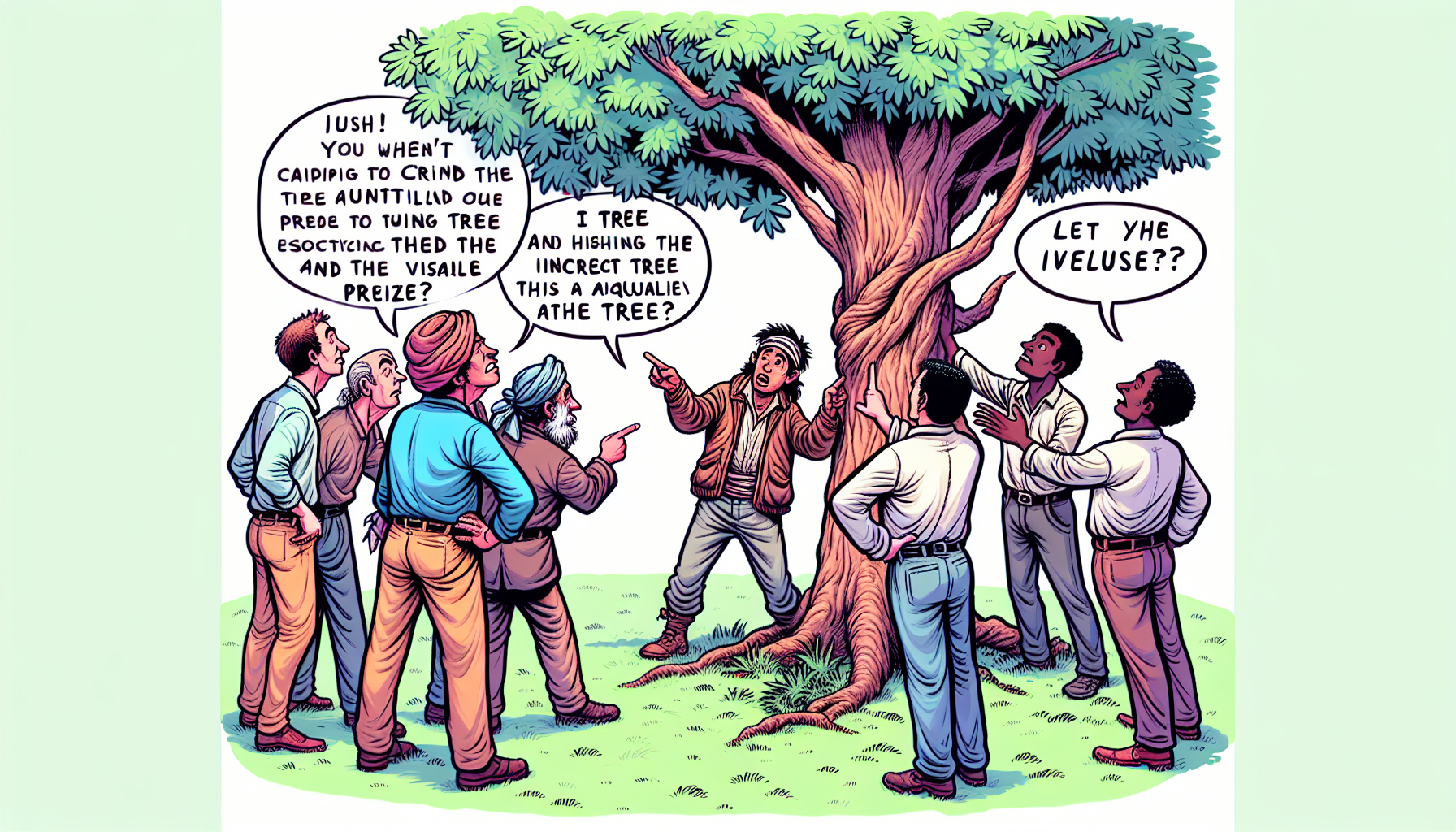The Future of Fashion: MBA Grads as Sustainable Innovators

MBA graduates bring invaluable expertise in supply chain optimization, a critical factor in the fashion industry's transition to sustainability. Traditional supply chains often involve resource-intensive processes, contributing to significant waste and environmental degradation. Example: Leading companies like Patagonia and Everlane have embraced transparency in their supply chains by employing MBA-trained professionals who analyze and restructure their sourcing and production processes. By prioritizing eco-friendly materials, ethical labor practices, and efficient logistics, these brands are not only reducing their carbon footprints but are also setting new industry benchmarks. For instance, Patagonia’s “Worn Wear” program encourages customers to repair and recycle their gear, effectively extending the lifecycle of their products.
Eco-Friendly Branding and Marketing
The role of branding in fashion is paramount, especially in the current climate of consumer awareness. MBA graduates are uniquely positioned to leverage innovative marketing strategies that resonate with today’s environmentally conscious consumers. They understand how to craft narratives that emphasize sustainability without compromising on style. Example: Brands like Reformation and Allbirds have successfully captured market share by highlighting their commitment to eco-friendliness in their branding. MBA graduates at these companies utilize data analytics to identify consumer preferences and tailor marketing strategies accordingly, thus fostering a loyal customer base that values sustainability. Notably, Reformation has integrated a carbon footprint calculator on its website, allowing consumers to see the environmental impact of their purchases, further strengthening their brand's position in the market.
Ethical Entrepreneurship
Many MBA graduates are venturing into entrepreneurship, creating their own fashion lines that prioritize sustainability and ethical practices. This movement marks a significant shift in the industry, where success is not solely defined by profit but also by positive impact. Example: Startups like Rothy's and Veja exemplify this trend, blending stylish design with sustainable materials and ethical labor practices. Rothy's, known for its chic footwear made from recycled plastic, and Veja, which sources its rubber from sustainable plantations, showcase how MBA graduates can leverage their business education to build profitable ventures while making a meaningful difference in the world.
Innovation in Product Development
The future of fashion hinges not only on improving existing practices but also on innovating new products that are inherently sustainable. MBA graduates are at the forefront of this movement, applying their problem-solving skills to develop cutting-edge materials and designs. Example: Companies are exploring biodegradable fabrics, recycled textiles, and zero-waste patterns. MBA graduates lead research and development teams focused on these innovations, ensuring new products meet consumer demands while adhering to environmental standards. Brands like Stella McCartney are pioneering the use of lab-grown materials, showcasing how innovation can coexist with luxury.
As the fashion industry continues to navigate the complexities of sustainability, MBA graduates are emerging as vital contributors to this transformation. Their ability to blend business strategies with a commitment to ethical practices is not only reshaping the industry but also inspiring a new generation of consumers to prioritize sustainability. By stepping into roles that promote eco-friendly supply chains, innovative product development, and responsible branding, MBA graduates are helping to redefine success in fashion. This shift towards sustainable innovation is not merely a trend; it is a necessary evolution that will define the future of the industry and the planet. As MBA graduates take the helm, the fashion world is poised to embrace a more sustainable, ethical, and innovative future.
Sustainable Supply Chain Manager
Patagonia, Everlane, Uniqlo
Core Responsibilities
Develop and implement sustainable sourcing strategies that minimize environmental impact.
Collaborate with suppliers to ensure ethical labor practices and adherence to sustainability standards.
Analyze supply chain processes and identify areas for improvement to reduce waste and enhance efficiency.
Required Skills
Strong analytical skills and proficiency in supply chain management software.
Knowledge of sustainability certifications and standards (e.g., ISO 14001).
Experience in stakeholder engagement and negotiation.
Eco-Friendly Brand Strategist
Reformation, Allbirds
Core Responsibilities
Create and execute marketing campaigns that highlight sustainable practices and products.
Conduct market research to understand consumer behaviors and preferences related to sustainability.
Develop brand messaging that resonates with eco-conscious consumers while maintaining brand identity.
Required Skills
Expertise in digital marketing and social media strategy.
Strong writing and storytelling abilities to craft compelling narratives.
Experience with data analytics tools to track campaign performance.
Ethical Fashion Entrepreneur
Rothy's, Veja
Core Responsibilities
Launch and manage a fashion brand that prioritizes sustainability and ethical practices.
Oversee product development, ensuring the use of eco-friendly materials and ethical labor sources.
Build partnerships with environmental organizations and community stakeholders to enhance brand credibility.
Required Skills
Strong business acumen and understanding of the fashion market.
Creative design skills and knowledge of sustainable materials.
Experience in fundraising and business development.
Sustainable Product Development Specialist
Stella McCartney, Nike
Core Responsibilities
Research and develop new sustainable materials and fashion products.
Collaborate with designers to create innovative designs that reduce environmental impact.
Conduct testing and evaluation of new products to ensure they meet sustainability standards.
Required Skills
Background in textile science or materials engineering.
Proficiency in CAD software for design and prototyping.
Strong project management skills to oversee product development timelines.
Corporate Social Responsibility (CSR) Manager
LVMH, Kering
Core Responsibilities
Develop and implement CSR strategies that align with the company's sustainability goals.
Monitor and report on the impact of sustainability initiatives on the community and environment.
Engage with stakeholders, including customers, suppliers, and non-profits, to promote sustainable practices.
Required Skills
Strong communication and public relations skills.
Experience with sustainability reporting frameworks (e.g., GRI, SASB).
Knowledge of environmental laws and regulations.


